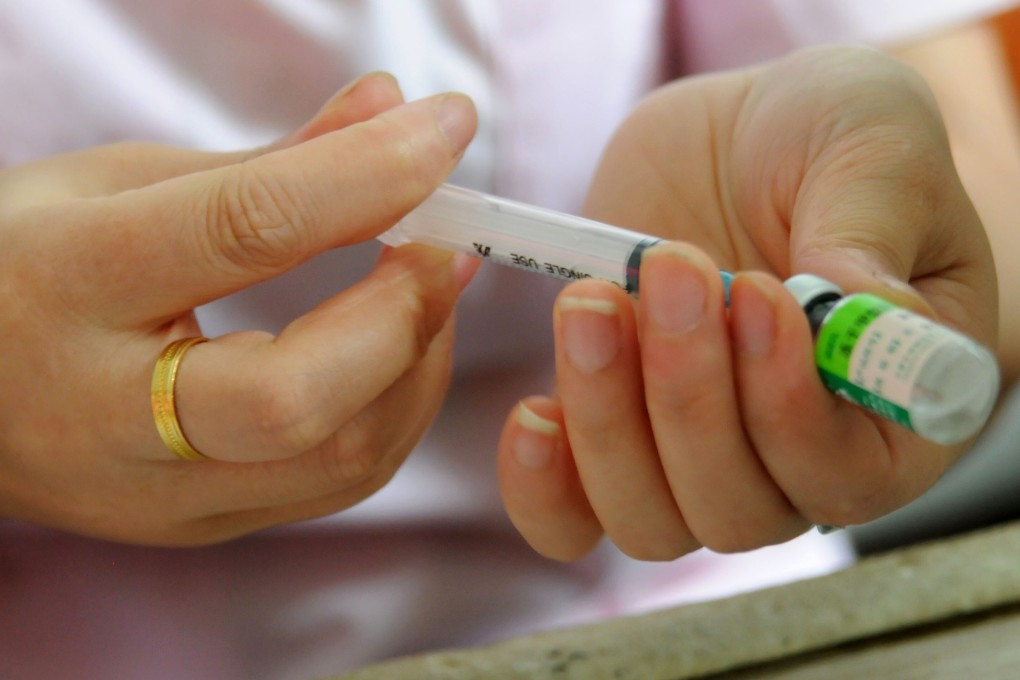Coronavirus: 2018 Chinese vaccine scandal may hinder control of Covid-19 in the country, researchers say
- A 2018 scandal at a leading Chinese rabies vaccination maker appears to have raised levels of distrust in vaccines in the country, a new study reports
- Greater distrust could stop many in China from using any Covid-19 vaccine that becomes available

Declining trust in vaccines following a much publicised scandal at a leading Chinese drug firm in 2018 could have a negative impact on any future Covid-19 vaccination in China, extending the spread of the disease, according to researchers.
A team of US-based scientists analysed a vaccination debate on Chinese social media in 2018 after a government investigation discovered leading drug firm Changchun Changsheng Biotechnology, in China’s northeastern Jilin province, had been making rabies vaccinations with expired products. It was assessed a US$1.3 billion fine in October last year after it was found to have fabricated records.
The US research of more than 11,000 messages found that vaccine acceptance had declined and positive vaccination endorsements had given way to concerns about its harms.
The findings, published in the journal Vaccine, also found that distrust in the government in relation to vaccines had significantly increased during and immediately after the incident.
“Our key findings were that the Changchun Changsheng Biotechnology vaccine incident of 2018 coincided with a significant increase in discussions on the Weibo social media platform which indicated increased doubt and decreased trust in the Chinese government,” says researcher David Broniatowski, director of the decision making and systems architecture laboratory at George Washington University.
“One year later, these discussions had largely subsided, but more people expressed concerns about possible harms from vaccines. These concerns were about all vaccines, not just the rabies vaccine that was associated with the Changchun Changsheng Biotechnology vaccine incident.”